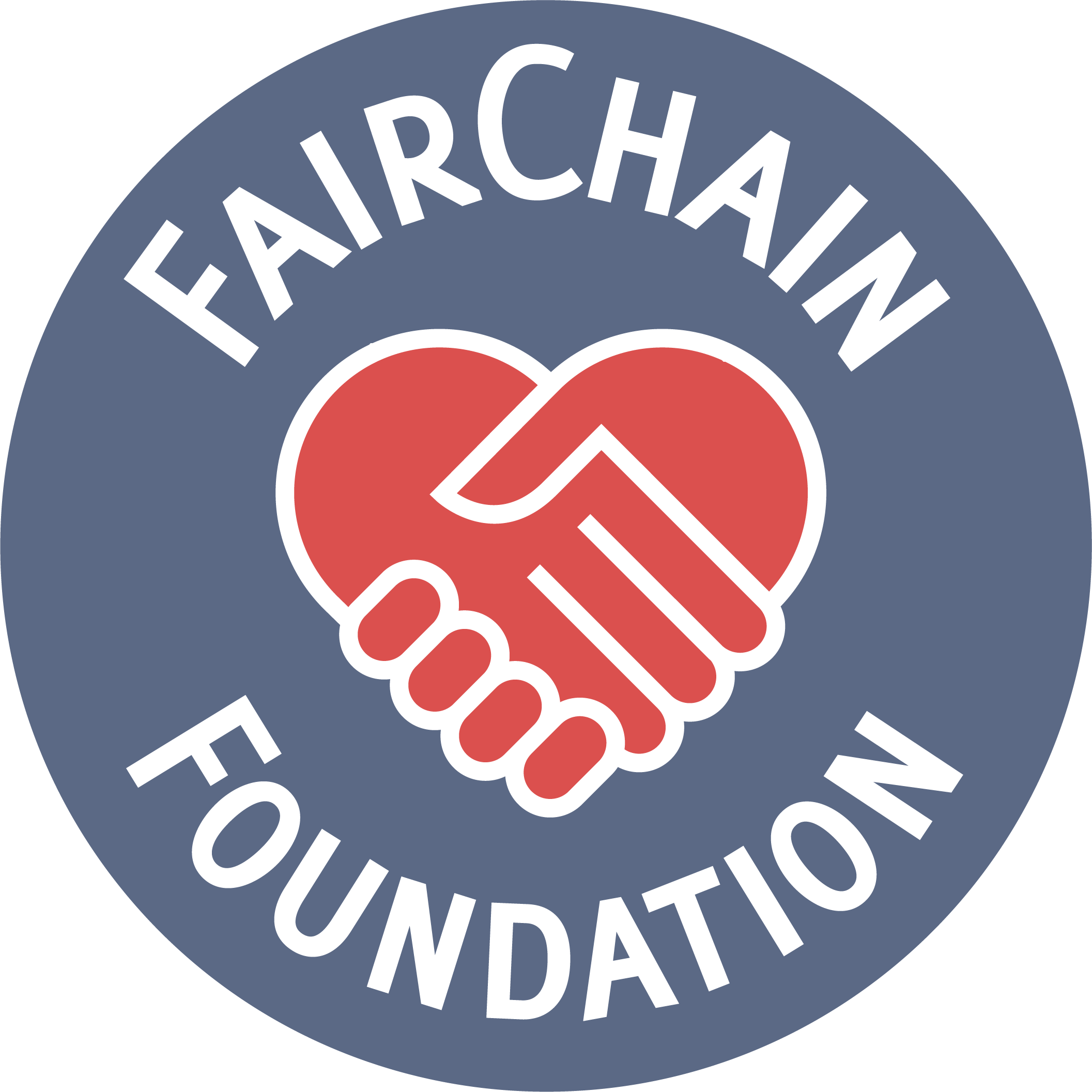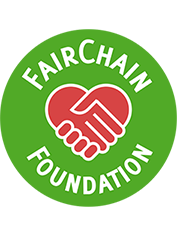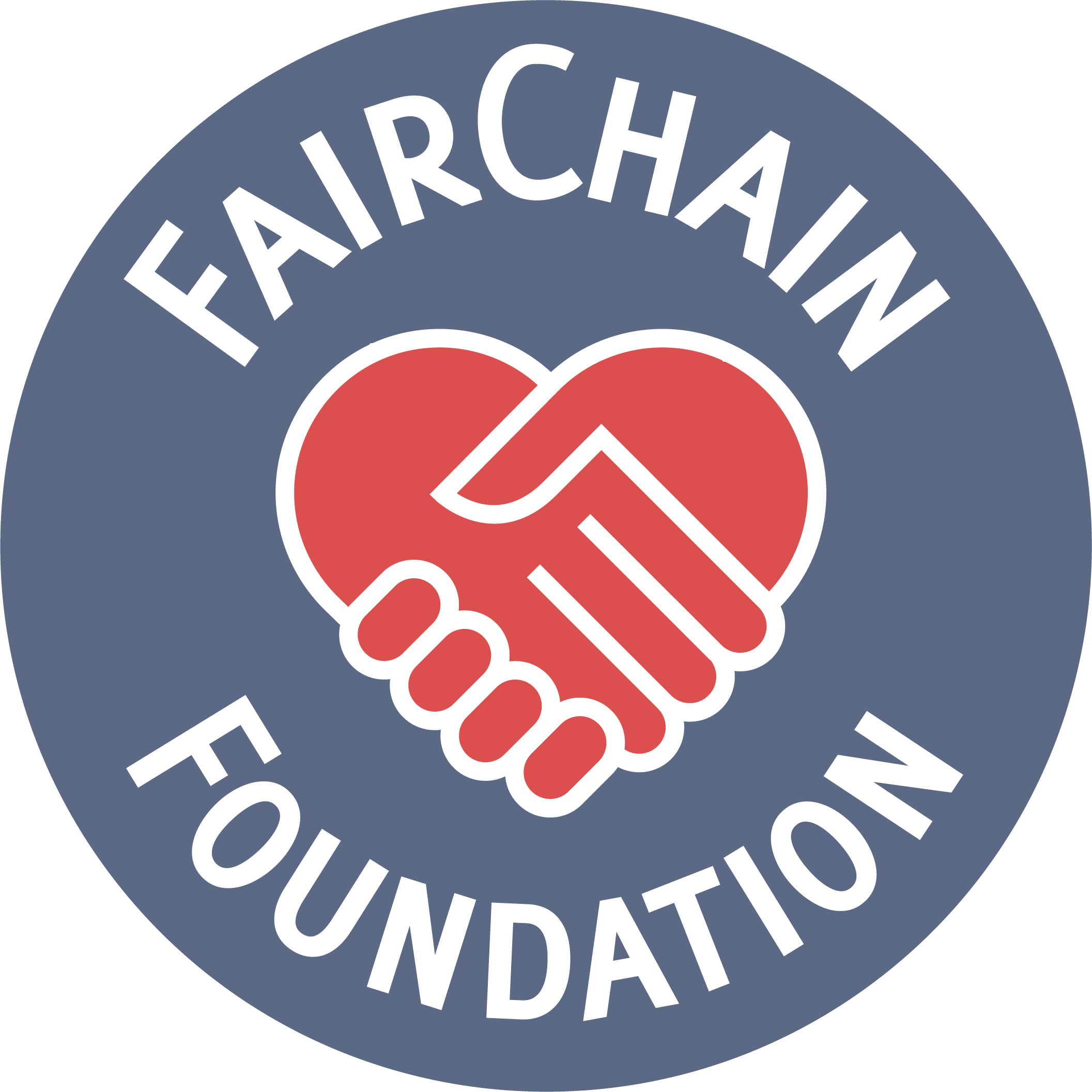Last week we told you about the Triple FairChain Premium we are paying to our farmers in Limu, Ethiopia. This of course is no unconditional premium. Instead, it is an incentive to harvest top quality coffee. So how do we make this premium work for the farmers and for us?
Picture a sunny Ethiopian afternoon, green Limu highlands and a long line of farmers at our coffee washing station, delivering their freshly picked coffee cherry. And think of a goldrush: word has it that this foreign company is paying much more than other, local traders… better fill up that jute bag to benefit as much as possible!
A very logical thought for a farmer living on a tight, poverty line budget. However, it is not the attitude we wish to provoke with our premium price. We are not aiming for quantity, we are there to produce top quality. So FairChainers Kilil and Mark stepped up their game and got a bit stricter with the quality control.
Kilil has a nose for coffee. So he detects fermentation immediately, meaning that cherry is not fresh anymore but was picked the day before. However harsh for the farmers involved, this was the perfect moment to send out a signal that the FairChain premium is conditional. In the blink of an eye Kilil formed a second line for the 40 farmers that were delivering yesterday’s coffee. The FC Collection Team, Joost and Nadiya, collected this coffee separately, registering it as non-premium coffee, so 11 birr instead of 13,2 birr.
Lots of complaints and disappointed farmers in the ‘non-premium’ line. At the same, we saw many proud and happy faces in the ‘premium line’, these farmers felt rewarded for working by the FairChain rules and deserving their premium. Lesson learned? We need to be very strict and communicate continuously about the FairChain rules. We need to practice what we preach, by paying the premium only for the cherry we asked the farmers to deliver. What do you think? Are we being a colonial 2.0 acting like this, or are we collaborating on an equal basis with the farmers?


